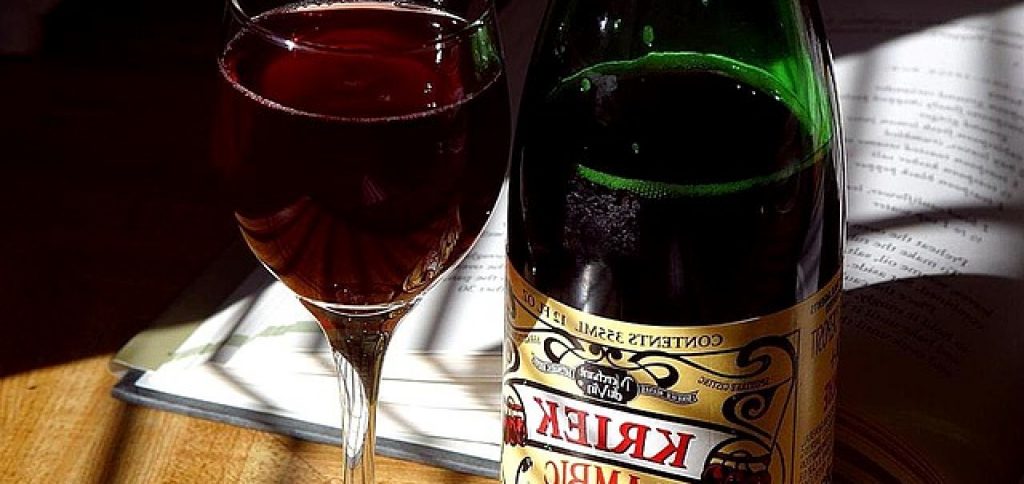Belgian beer added to world heritage list

From Lambic right through to Trappist beer: Belgium boasts an enormous variety of beers, unrivaled by most other countries on the planet. Now, the Belgians’ passion for their favorite drink has been rewarded by Unesco.
Nobody else lives and breathes beer to quite the same extent. That’s why Unesco, who have been supporting the preservation of everyday culture and traditions since 2003, recently added Belgian beer culture to its list of the Intangible Cultural Heritage of Humanity. The organization just announced the news via its Twitter account. The committee stated that the production and appreciation of beer belonged to the living heritage of many communities in Belgium and that beer not only played an important role in celebrations, but also in everyday life and in combination with food.
But what exactly is it that sets Belgian beer culture apart? Importance is attached to high quality, flavor and tradition. It is not for nothing that almost all of the approximately 1500 varieties are served in their own unique glass in the cafés and bars. Furthermore, most breweries only sell their beer in bottles. This allows the beer to continue brewing, meaning it develops its own particular nuances in flavor. Lambic is probably the best know brewing style: Its name is supposedly derived from the Flemish place name Lembeek, or alternatively, the Flemish term for a distilling kettle, Alambic. One special feature of the brewing process that is used is that no yeast is added. The storage kettles are left open, allowing wild spores to find their own way into the vats and trigger the fermentation process. These beers are characterized by a sour flavor and, in most cases, a low alcohol content. Some variants are brewed using fresh fruits such as cherries, peaches or red currants and make an ideal aperitif.
By contrast, it is not uncommon for Trappist beers to have an alcohol content of more than ten percent. These are traditionally brewed by monks or at least under their supervision, with the majority of profits going towards social causes. There are, however, only seven of these beer-brewing monasteries left in Belgium, with some of their beers now considered to be genuine rarities.
